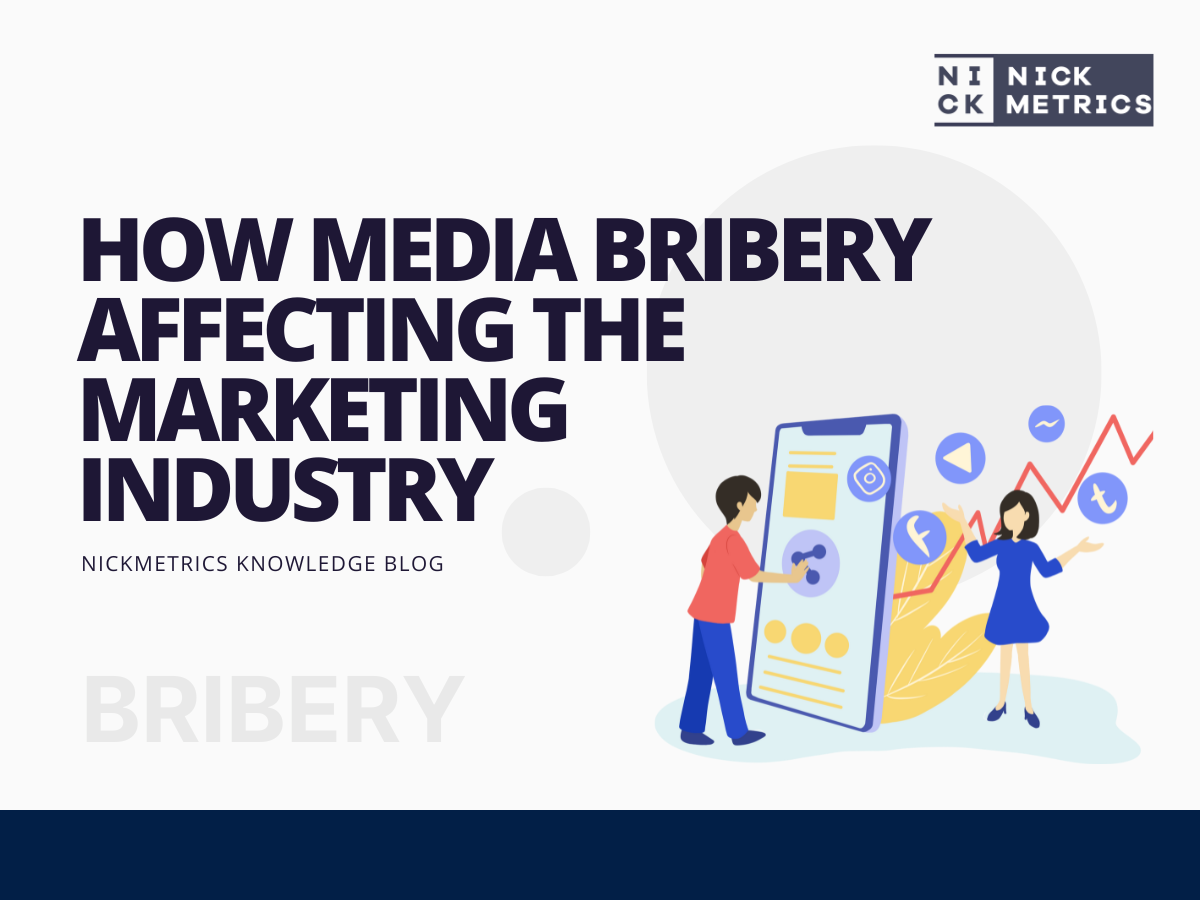
ENTER YOUR EMAIL ADDRESS
Follow Us

Media coverage has become a necessity for companies looking to make a name for themselves in this day and age. Marketing efforts have evolved from simple advertisements to more innovative ways of getting the attention of potential customers. However, marketers have a growing debate about whether it is ethical for a business to pay editors to get their product or service covered by various online publications, known as ‘media bribery.’
The situation creates an interesting dynamic because often, marketing agencies specializing in viral campaigns hire small businesses that cannot afford big-name advertising solutions. It’s understandable why many small business owners would want their company featured on popular websites like Mashable, Business Insider, and even Reddit. Still, some marketing executives are calling foul on the intentions of these smaller companies. This debate comes down to one question: Should businesses pay for favorable coverage?
Some agencies have come up with clever ways to ensure their clients get covered without bribing editors. One idea is hiring freelance writers, whose payment is in exchange for writing articles about specific topics and posting them online. The only difference between this and media bribery is that an agency isn’t handing over money in exchange for coverage; instead, they’re hiring individuals to create content and post it online like any other blog or news site would do. However, nothing stops these writers from disclosing that a particular company hired them to write a specific article, which is often the case.
While paying for coverage might seem like a viable option in some situations, it creates a slippery slope that could have dangerous consequences. Media outlets will be tempted to publish content created by marketing agencies or freelance writers in exchange for money, regardless of how ludicrous the topic may seem. In other words, paid articles might gain popularity due to their timely nature and catchy headlines, but people may not trust them as actual sources of information. Media outlets are already struggling with backlinking schemes that involve SEO experts linking keywords and phrases from spam sites to increase their ranking on Google’s search engine results page (SERP). Eventually, news organizations won’t say which articles are honest and which were created by marketing agencies, making it harder for them to attract loyal readers in the long run.
While some marketers may argue that media bribery is morally correct because they allow smaller companies to get coverage, more effective solutions exist. One of these would be finding journalists on Twitter looking for sources of information related to their respective fields. For example, if a business launched a new product aimed at dog owners, they could search Tweeters mentioning ‘dog’ or ‘puppy’ along with ‘treats,’ then follow these people and retweet their posts. If they tweet about the company’s services or newest products, another community member will most likely favorite or retweet their post in support. Another option is turning on a Google Alert for any new articles published on a particular topic and contacting websites that have covered similar issues. The goal would be to establish a relationship with an editor and see if they would be interested in protecting future news about its services without paying out of pocket.
In today’s economy, every business should strive towards becoming successful at marketing itself online. However, bribing editors to get coverage doesn’t help companies reach this goal because small companies don’t have much money to spare. Instead, marketing agencies should look for ways to provide great content by hiring freelance writers passionate about what they do and submitting their articles.
While there is nothing wrong with marketing agencies putting in money to get positive media coverage, they should find more creative ways to do it and avoid any shady practices in the future.
Tags: Backlink, Business Insider, Mashable, Media Bribery, Media Coverage, Search Engine, SERP